Food, fuel and the global land grab
- The Futurist
- 03 January 2013
As land and water become scarce, as the earth’s temperature rises, and as world food security deteriorates, a dangerous geopolitics of food scarcity is emerging, writes Lester Brown
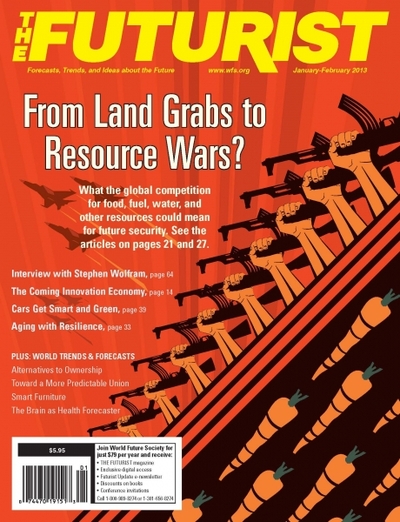
As land and water become scarce, as the earth’s temperature rises, and as world food security deteriorates, a dangerous geopolitics of food scarcity is emerging, writes Lester Brown
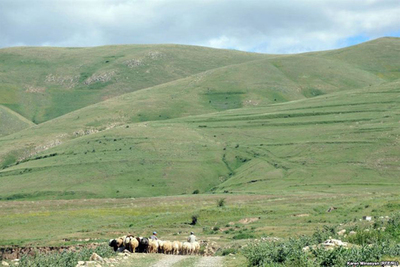
Armenian and Iranian authorities are negotiating on the possible lease by Iranian sheep and cattle breeders of mountain pastures in southeastern Armenia, it was officially confirmed on Friday.

Winter 2012-2013 issue of The Land magazine
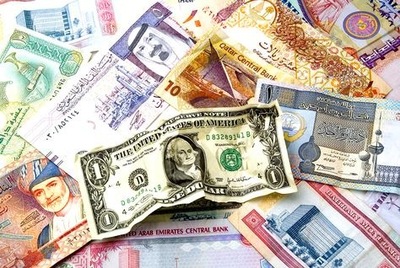
Wealthy Gulf Arab companies are boosting their investment in Africa's vast lands and untapped resources, marking a shift for investors who have traditionally directed their money towards assets in the United States and Europe.

It is found that about 0.31 × 1012 m3⋅y−1 of green water (i.e., rainwater) and up to 0.14 × 1012 m3⋅y−1 of blue water (i.e., irrigation water) are appropriated globally for crop and livestock production in 47 × 106 ha of grabbed land worldwide (i.e., in 90% of the reported global grabbed land).

Jacob Ostreicher was a flooring contractor and father of five from Borough Park, Brooklyn, who, like more than a few entrepreneurs battered by the recession, decided to seek his fortune abroad. In his case, he went into rice farming in Bolivia.

Land across great swathes of the developing world has become a prime target for foreign investors. Free Speech Radio News explores the issue by looking at what’s happening in Kenya.
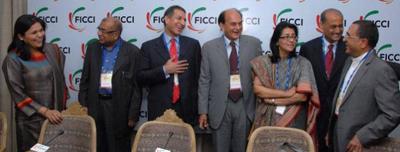
The delegation consisted of senior business leaders from Indian companies such as Sai Ramakrishna Karuturi of Karuturi Global Ltd
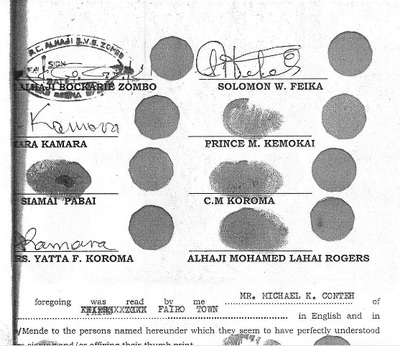
Lesse between Aristeus Palm Oil Limited and the Chiefdom Council of Sorogbema (Pujehun District), for 47,567 ha.
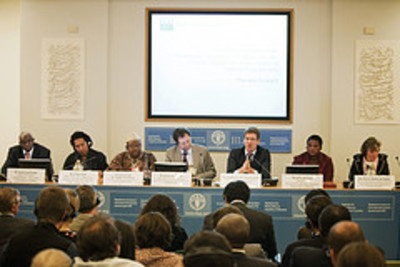
This article calls into question the depth and effectiveness of a regulatory approach arguing that problems underlying large-scale land deals are so deep constituting socio-institutional problems of power asymmetry, exclusion and invisiblization, than just investment externalities or regulatory challenges.
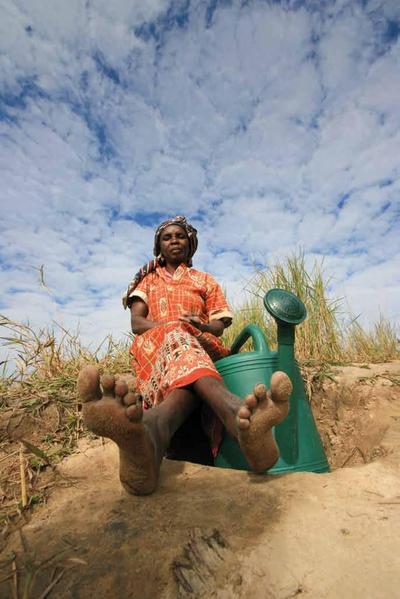
This report from Afrika Grupperna, Forum Syd and Swedish Cooperative Centre examines different drivers behind the recent escalation of land deals as well as common arguments legitimating land grabbing, looking at case studies from Cambodia and Mozambique.
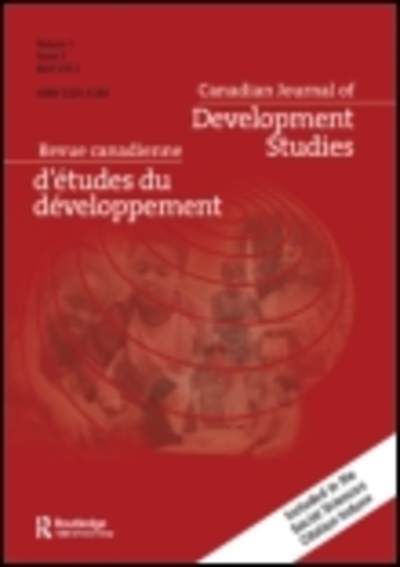
Special issue of the Canadian Journal of Development Studies contains 8 articles covering country experiences with land grabbing in Uruguay, Paraguay, Brazil, Bolivia, Argentina, Guatemala and Mexico.